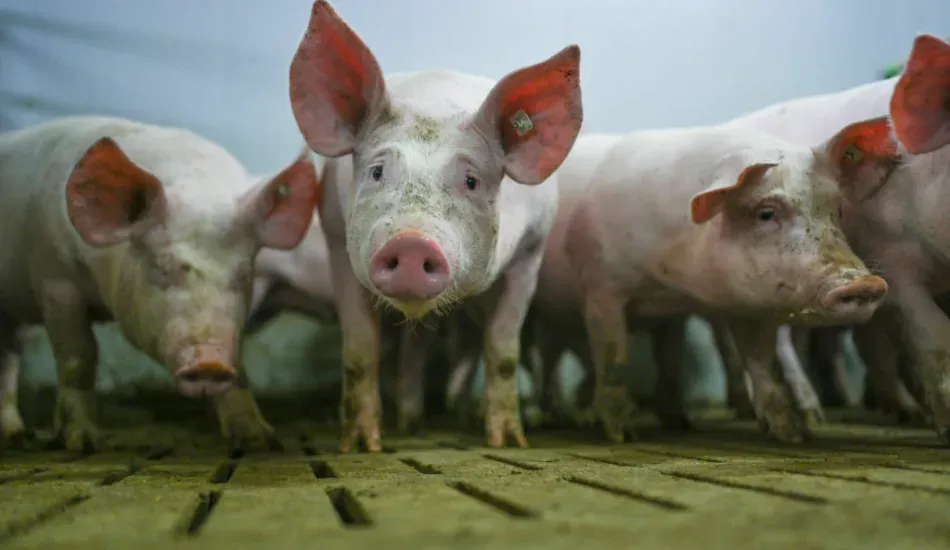Gigantic stables with no animals running around, but with meat coming from them. This is how Ira van Eelen envisions the future bio-industry. Farmers are not missing from the picture. "They are an important link in the food chain and can remain so."

The Van Eelen family has been engaged for years in cultured meat. In other words: meat grown from the stem cells of living animals. Willem van Eelen is the founder of cultured meat technology. His work is continued by daughter Ira, who wants to make cultured meat a scalable and affordable alternative. She shared her vision at the Plant FWD event and talked about plans to create the first farmed meat farm on Dutch soil in the near future.
Growing meat as an alternative
.In the Netherlands, 1.4 million animals are killed every day. That's an average of a thousand per minute. "With farmed meat technology we make the same product, namely meat, but in a different way. That saves a lot of animal suffering and environmental impact," Van Eelen said.
In comparison to red meat then. "At the bottom line, plant-based meat is more sustainable and will remain so. However, the problem is that it cannot compete with real meat in terms of taste, texture and mouthfeel, and so the masses don't eat it. Cultured meat tastes exactly the same as conventional meat and is also more sustainable. This method of production results in 95 percent less land use, 78 percent less water, 93 percent less pollution and 92 percent less global warming. That makes it a great alternative."
Can cultured meat compete with conventional meat in terms of price? Van Eelen points to (the not uncontroversial) foie gras, or goose liver. "That is already at the same price level. Moreover, those products pose a risk when it comes to the advancing bird flu. The question is how long it will be safe to eat such a product. Thereby, scarcity drives up the price."